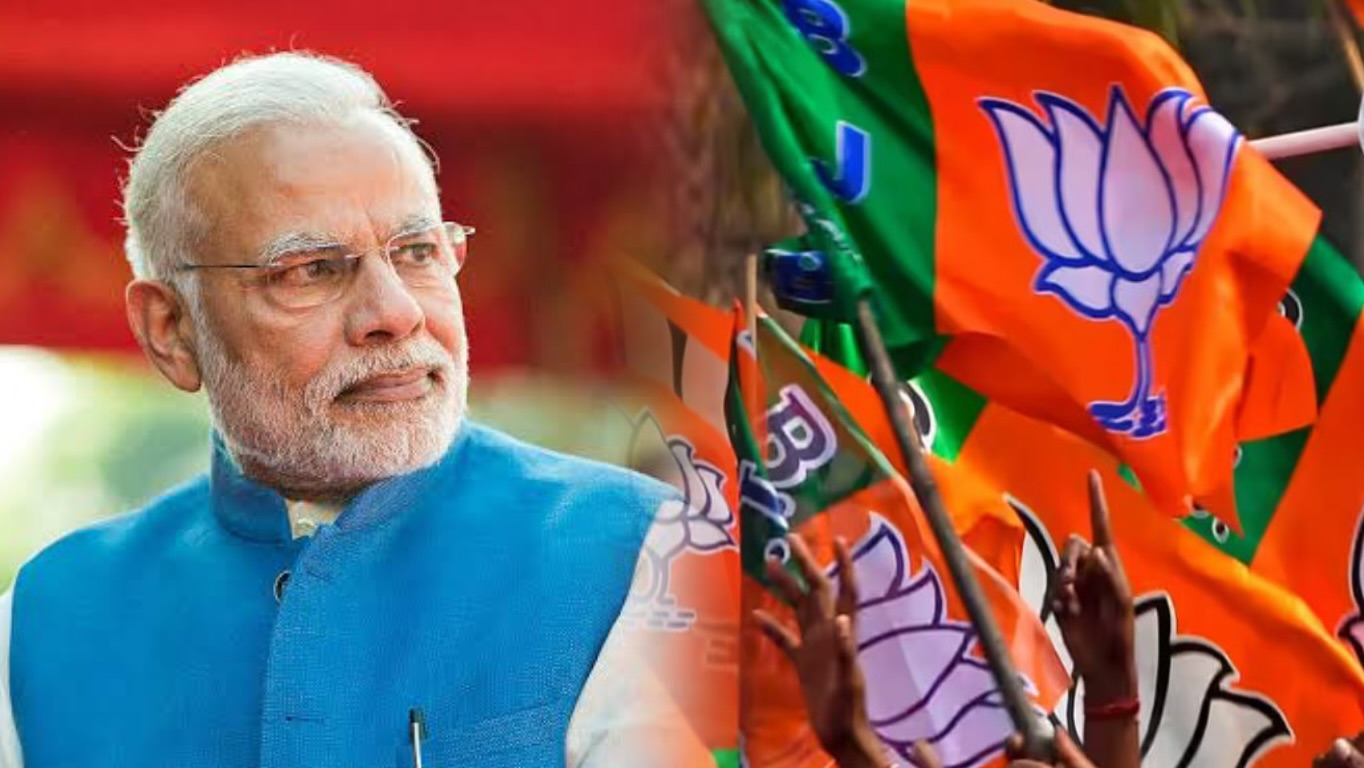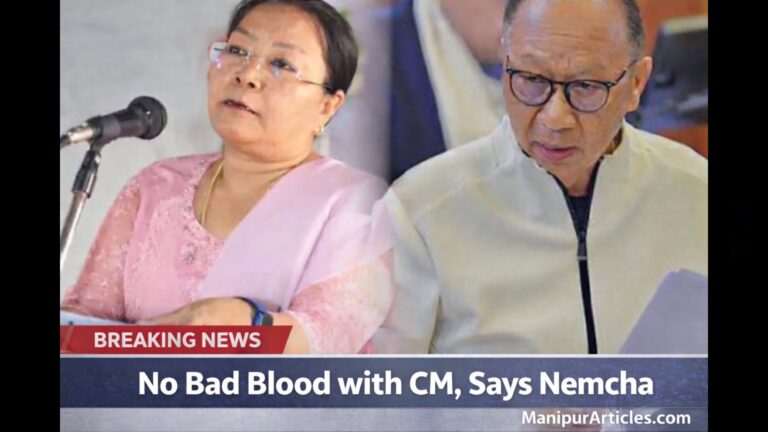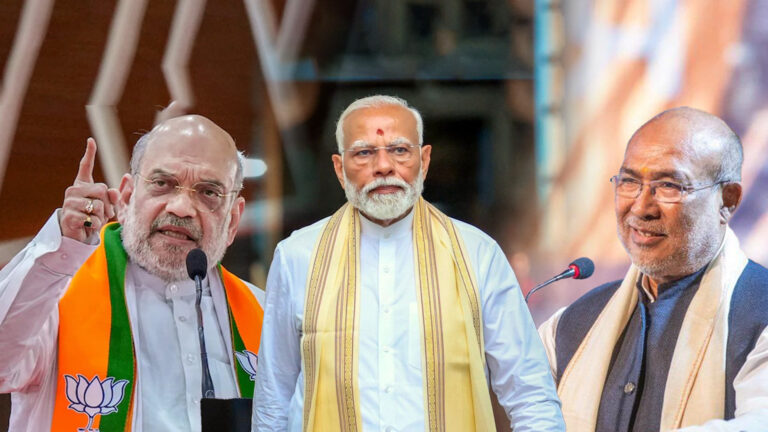Mass Resignation Rocks BJP’s Phungyar Mandal Ahead of PM Modi’s Likely Visit
In a major organizational blow to the BJP in Manipur, dozens of key office-bearers and grassroots leaders from the party’s Phungyar Mandal — including the Mandal President, leaders of Mahila, Yuva and Kishan Morchas, an ST Morcha executive and 53 booth presidents — tendered their resignations from primary membership. The step was led by Ngachonmi Ramshang, Special Invitee of BJP Manipur Pradesh, and the resignations were reportedly motivated by grievances over lack of consultation, inclusiveness and respect for grassroots leadership, coming at a politically sensitive moment just before Prime Minister Narendra Modi’s likely visit to the state.
Imagine the base of a ladder being removed while someone climbs it. That’s the image political managers fear: the climb becomes dangerous when the foundation goes. That’s the shorthand for what happened in the BJP’s 43-Phungyar Mandal. On September 11, 2025, a coordinated mass resignation came in from a swathe of local leaders — the kind of people who run booths, organize local get-togethers, mobilize voters and keep a party functioning at street level. The departures were not one or two disgruntled activists walking away; they were leadership-level: the Mandal President, Mahila Morcha President, Yuva Morcha President, Kishan Morcha President, an ST Morcha executive and 53 booth presidents, among others. The resignations were tendered jointly and led by Ngachonmi Ramshang, who is described as a Special Invitee of the BJP Manipur Pradesh.
The reasons given — what the resigning leaders said
The resigning members issued a joint statement that was measured but firm: they cited dissatisfaction with the party’s internal functioning, complaining specifically about a lack of consultation, inclusiveness and respect for grassroots leadership in decision-making. They insisted their loyalty to the party ideology remained but implied that the party’s present internal practices were undermining effectiveness and local trust. In short: the resignors say they were pushed to the sidelines rather than being genuinely consulted.
FAQs
Q1: Who led the mass resignation in Phungyar and which positions were vacated?
A1: The coordinated resignations were led by Ngachonmi Ramshang, Special Invitee of BJP Manipur Pradesh. Those who quit included the 43-Phungyar BJP Mandal President, the Mahila Morcha President, Yuva Morcha President, Kishan Morcha President, an ST Morcha executive, and 53 booth presidents, among other senior and active members.
Q2: What reasons did the resignors give for leaving the party?
A2: In a joint statement the resigning members cited dissatisfaction with internal party functioning, specifically pointing to a lack of consultation, inclusiveness and respect for grassroots leadership in decision-making processes. They stressed their continued commitment to public welfare despite withdrawing primary membership.
Q3: How serious is this for the BJP in Manipur? Could it affect election outcomes?
A3: It’s significant because booth presidents and morcha leaders are the party’s core mobilisation network. Losing them weakens ground operations, which can translate into poorer voter outreach and turnout. Over time, if grievances are unaddressed, opponents may capitalise and erode BJP’s vote base in hill districts.
Q4: Did the resignations occur before the Prime Minister’s visit? Why is that timing important?
A4: Yes — the resignations came ahead of Prime Minister Narendra Modi’s likely visit to Manipur. The timing is important because a VVIP visit magnifies optics and requires a united, functioning local organisation to manage logistics, attendance and messaging. Resignations before such a visit complicate those tasks and risk negative publicity.
Q5: What immediate steps can the BJP take to repair relations with local leaders?
A5: Practical measures include rapid, sincere dialogue with the resignors; a transparent roadmap to address their grievances (including reviewing selection processes and increasing local representation in decision-making); visible empowerment of mandal-level committees; and an accountability mechanism with public updates to rebuild trust. Quick, meaningful follow-up will be crucial to prevent longer-term organisational erosion.





